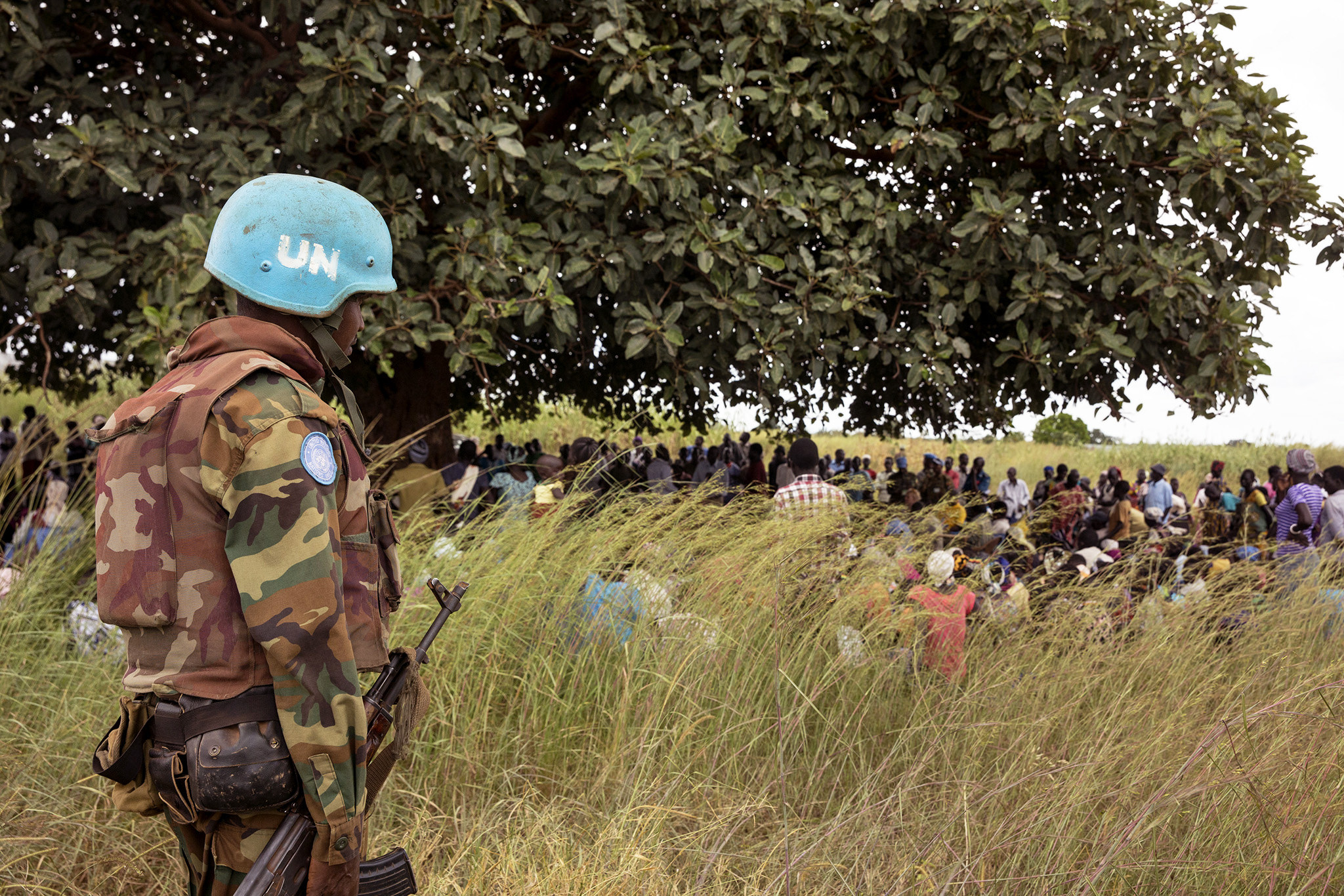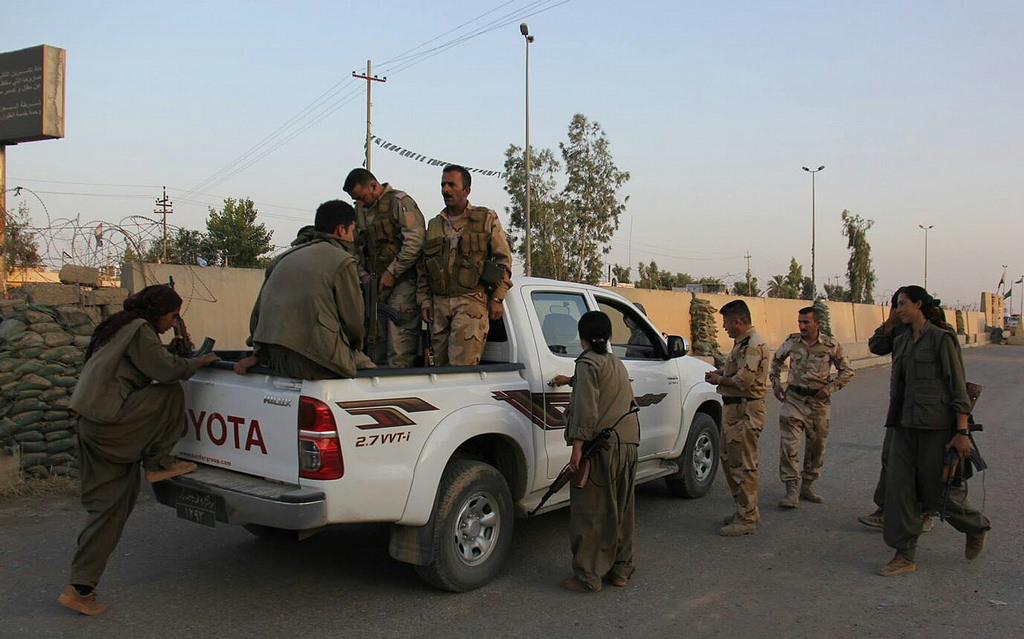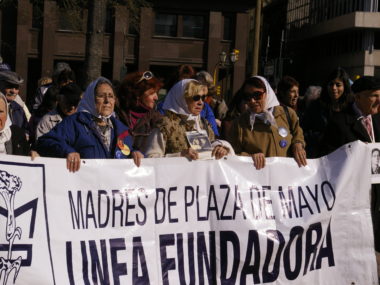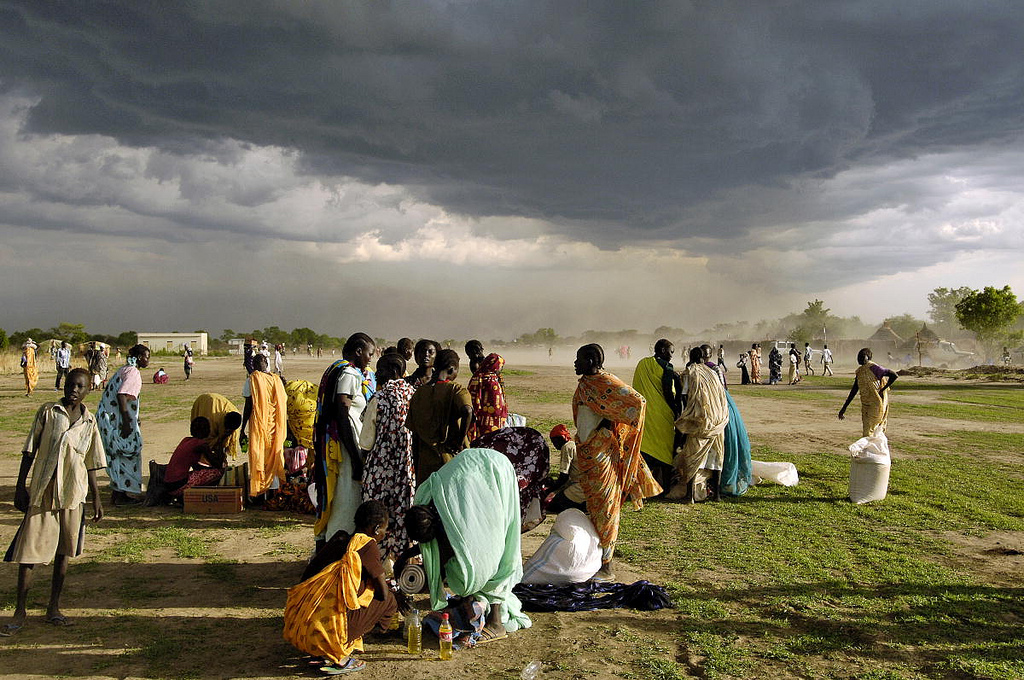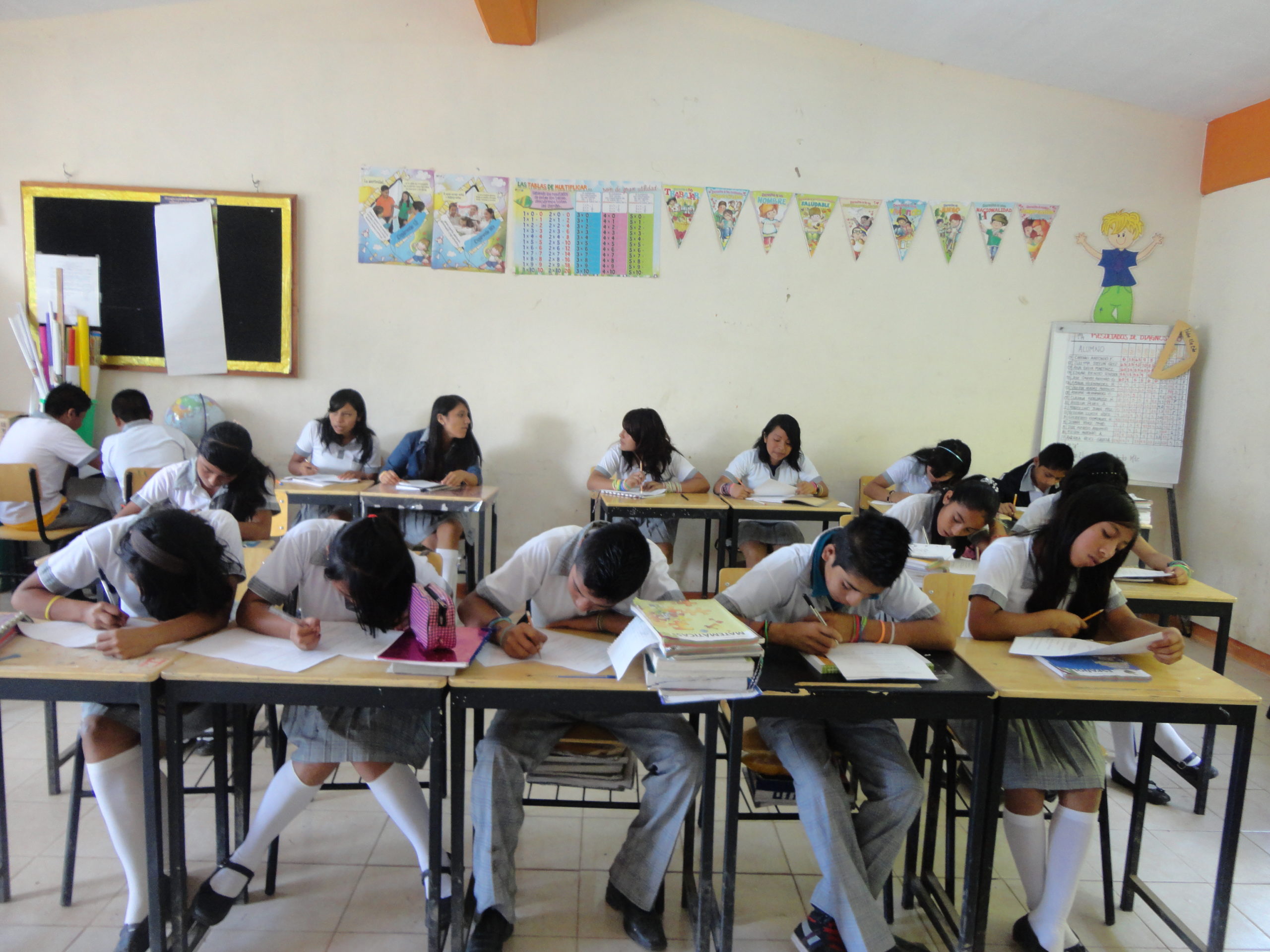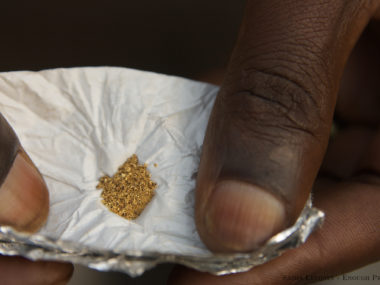By Ariel Zarate and Marie Berry.
Early in 2016, Susan, a mother of two in her early 20s, fled her hometown in the southern region of South Sudan to the relative safety of the capital, Juba. Despite multiple ceasefires, recent clashes in the world’s youngest country have left upwards of 50,000 dead, 6 million food insecure, and one-third of the population displaced. Amidst tight regulations, international organizations struggle to reach those in need. Fighting has even recently extended to the formerly peaceful, southern equatoria regions, which have had their lush, fertile lands pockmarked by bullets and burned compounds. The peace talks that started in early February 2018 are already deteriorating.
Throughout this instability, South Sudanese women have borne much of the brunt of this suffering. Sexual violence and myriad other forms abuse have led to untold harm and insecurity. While the international press has conveyed some of this suffering to outside audiences, the full scale of the assaults on women remains largely obscured to outside audiences. And while a new, permanent, equatorially-located UN peacekeeping base in Yei hopes to increase security, recent clashes between non-governmental armed groups and rebel SPLA-IO forces loyal to Riek Machar suggest it will not come easily. For women like Susan, this means that returning home is still a distant aspiration.
I lived in South Sudan for two years between 2013 and 2015 supporting female development initiatives. In December 2017, I returned to conduct interviews as part of a research project on women’s resilience and political agency during war. Perhaps naively, upon my return I expected to find female friends and colleagues wholly concerned with their own survival. Given that famine, drought, and economic crisis have all compounded women’s insecurity amidst the ongoing conflict, obtaining the basic necessities of life in South Sudan today can be a full-time endeavor.
Throughout my interviews, however, I was repeatedly struck by women’s resolve not only to survive the ongoing violence, but to engender social and political change. Women I spoke with are exasperated with the war, resource scarcities, and the circular transfer of power among the elite. Survival, for them, is not enough: they insist upon change and refuse to wait for others to implement it.
I met Susan as she was mixing a cauldron-like pot of asida, a staple food made of corn, cassava or sorghum flour, and water. After being displaced from her home she took refuge with her brother-in-law on the outskirts of Juba. She now works as a cook for a Women’s Empowerment Center funded by a missionary organization, BoscoAid. Susan cooks and then attends a tailoring program that will also teach her business development, management skills, and English. As she stirred the asida, she laughed at me when I asked how she managed to work so hard, explaining, “You just do. I cannot wait for someone to do for me and I won’t die, so I just do.”
Susan’s husband is deployed with governmental (SPLA) forces, so she lives under the “protection” of her brother-in-law. It is his cultural duty to provide for her in her husband’s absence, but he has few means to do so. With 60% of the country’s GDP and 95% of government revenue coming from oil revenues, the economy nearly collapsed with the drop of oil prices in 2015. Thus like most of the country, Susan’s brother-in-law relies on informal, inconsistent entrepreneurship like selling crops or sim cards. Many like him rely on irregular employment with international NGOs.
To make ends meet, Susan works between 10 and 13 hours a day. Despite this, Susan also took it upon herself to convene local women to discuss ways to address their struggles. Weekly, women join Susan in her compound to discuss personal challenges and community issues, before brainstorming solutions. When one woman was struggling with domestic abuse, the group advocated for her by pressuring their husbands or male relatives to counsel the offending party. The men offered the husband guidance and communal support. After many discussions, the behavior ceased.
Women also discussed their ambitions, for themselves and their troubled nation. This ability to imagine what future realities are possible is a powerful—and perhaps under-recognized—source of strength and resilience during protracted conflict. After the women discuss what they describe as the dismal state of their country, they strategize ways to change it: for instance, one member is saving to attend Juba University with the intention of becoming a local commissioner. During my interviews, it became clear that these collective problem-solving spaces emerged for women as essential sources of support and as a place for collaboration and relationship development. This is particularly important because the women in Susan’s area often come from different parts of the country, and even from warring ethnic parties.
Perhaps unsurprisingly, these regular meetings received pushback. Neighbors accused the women of being instigators, lazy, or avoiding their domestic duties. Others disparaged them simply because of their gender. Such groups are seen as a challenge to patriarchal expectations about a woman’s place within the community. They disrupt existing social frameworks that concentrate power in the hands of men and elites, and instead restructure power from the grassroots to better serve the traditionally disadvantaged.
Throughout the conflict in South Sudan, women have largely been depicted as passive bodies on the receiving end of male violence. Yet Susan, and women like her, are complicating—and challenging—this depiction everyday. By holding space for innovative, future-centered planning and strategizing, women are building community and fostering the cross-group relationships that will be essential for building a civil society capable of shepherding South Sudan on its path from violence to peace. International organizations struggling to support those affected by conflict may find much to gain by looking to the informal ways that women are taking the lead to create spaces where problems can be solved and a brighter future can be imagined.
Ariel Zarate is a Masters student at the Josef Korbel School of International Studies. Marie Berry is an Assistant Professor at the Korbel School and a regular contributor at PV@G.

